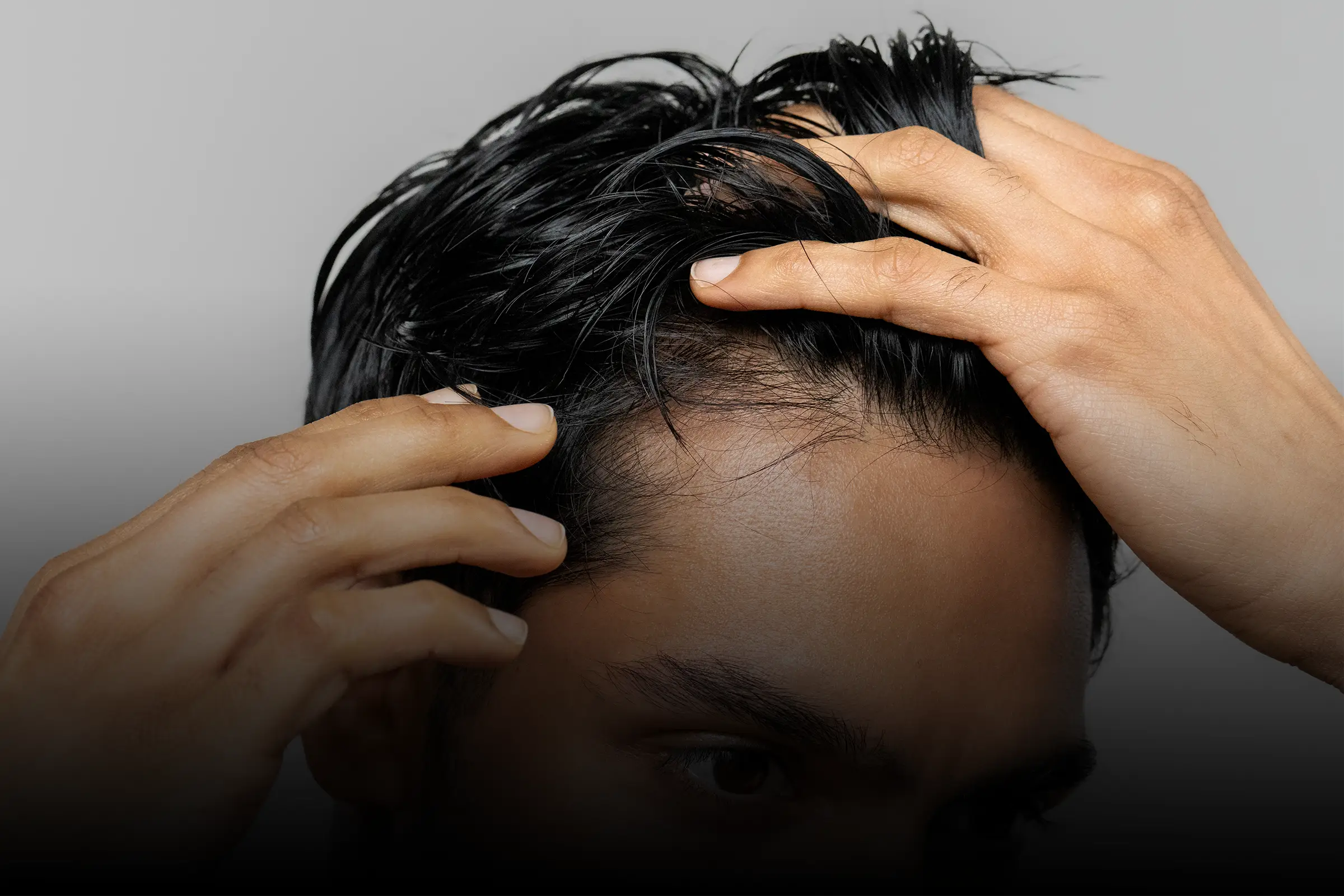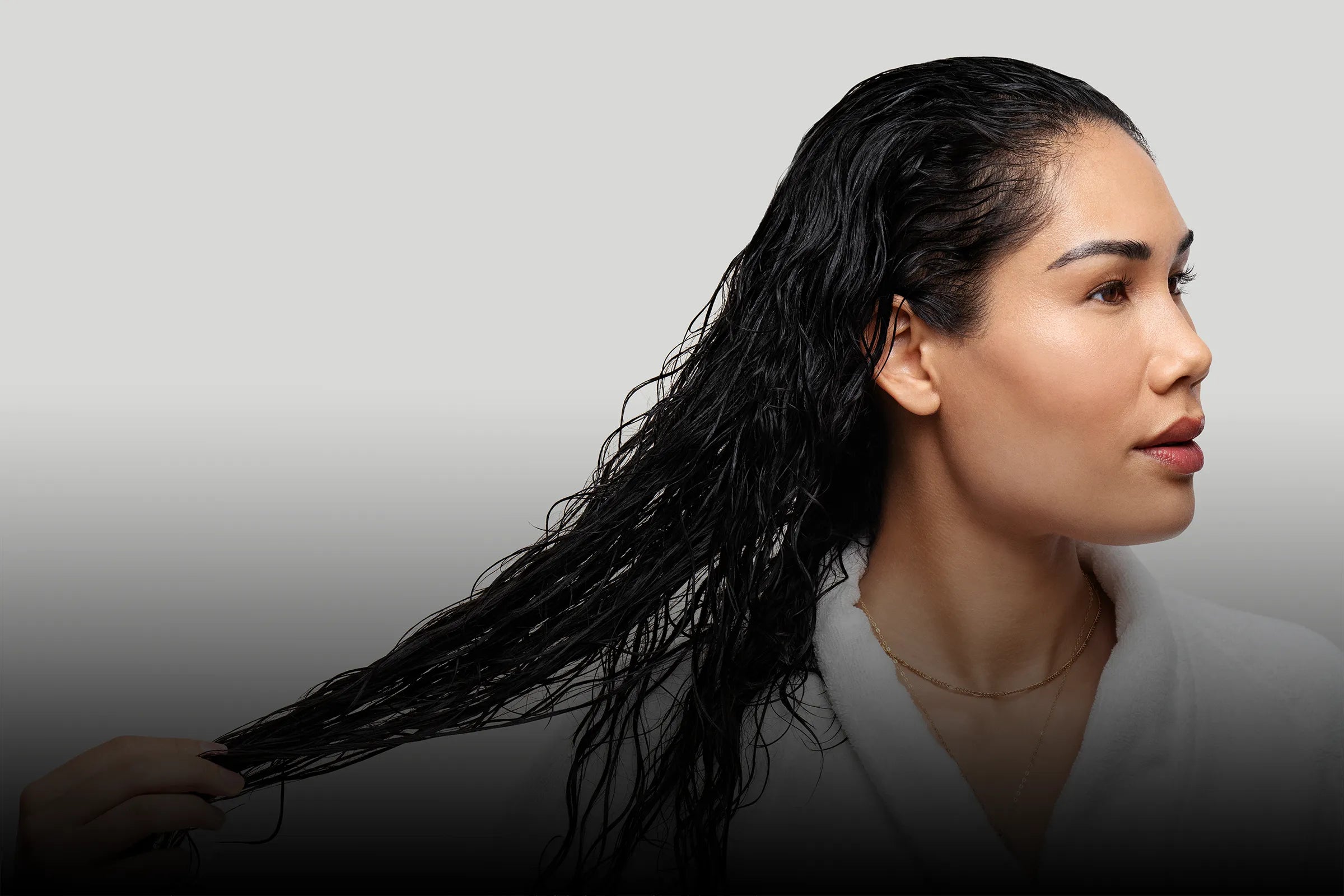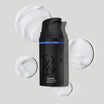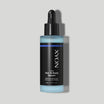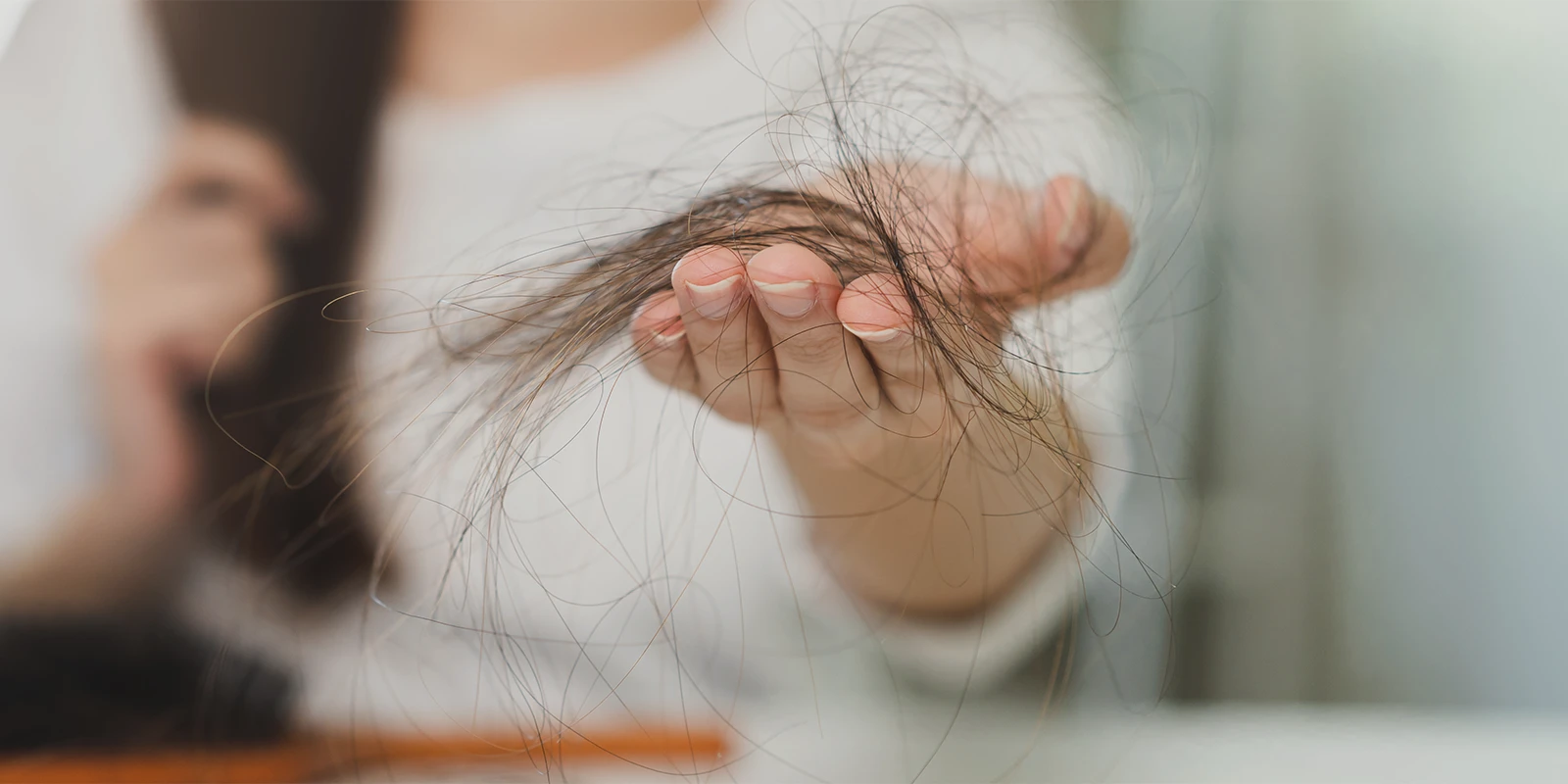Do steroids cause hair loss? To answer this question we need to define what we mean by steroids and remind ourselves about what actually causes pattern hair loss.
In the context of this article, the steroids we’re referring to are anabolic steroids (also known as androgenic steroids). They are synthetic forms of male sex steroid hormones, most commonly testosterone, that may be used by athletes and non-athletes to increase muscle mass and improve athletic and physical performance. These types of steroids are not to be confused with other steroid treatments such as prednisone, which are prescribed by doctors to treat inflammatory or immune conditions.
Anabolic steroids are available in injectable or oral form. In addition to causing hair loss, they’ve also been linked to numerous potentially serious heart-related side effects, elevated cholesterol, blood clots and the development of mood disorders and aggression. There have also been reports of impacts on reproductive health, including sexual dysfunction and lowered sperm counts (Hoffman and Ratamess, 2006).
Do all steroids cause hair loss?
No. There is no data to back whether hair loss is more likely with oral steroids or injectable forms. It’s not a question of which are the best and worst steroids for hair loss prevention, but the general effect of anabolic steroids on the body and specifically, the hair follicles. Whether you experience hair loss while using steroids will also depend on your sensitivity to hormonal changes and genetic predisposition to go bald.
Steroid use can increase your risk for hair loss. To learn how you can get ahead of thinning hair, connect with an expert.
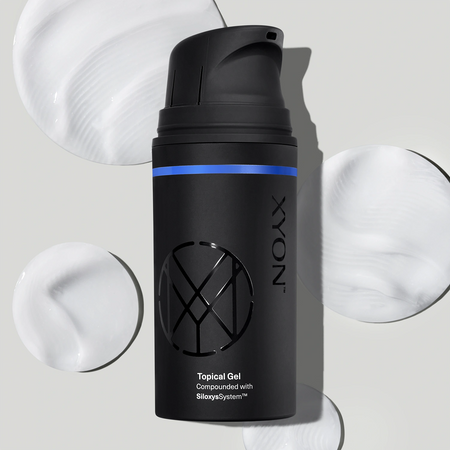

Concerned about DHT and hair loss? We have solutions.
How do steroids cause hair loss?
When high amounts of exogenous (“made outside the body”) testosterone are introduced into the body in the form of anabolic steroids, dihydrotestosterone (DHT) production tends to increase to regain a balance in hormone levels. When DHT levels rise, these changes can be felt at the level of hair follicles in the scalp.
DHT acts on androgen receptor sites on hair follicle cells to trigger hair follicle miniaturization. This process is what slowly renders hair follicles unable to produce healthy hairs. People with a genetic predisposition for balding may be at a higher risk of experiencing hair loss as a side effect of anabolic steroid use.
How do you stop hair loss while on steroids?
Because hair loss in people taking anabolic steroids is a result of increased DHT production, 5-alpha reductase inhibitors such as finasteride or dutasteride, which help block the formation of DHT, may be taken to try to slow the process of hair follicle miniaturization. But there are insufficient clinical studies to really answer this question with certainty. The degree of benefit is hard to predict and in some cases efficacy may be limited.
Can short-term steroids cause hair loss?
Very short-term steroid use probably won’t have a negative effect on the hair growth cycle and cause hair loss. But several months or years of taking anabolic steroids, on the other hand, can have a much higher chance of triggering hair follicle miniaturization and causing progressive hair loss.
Will hair loss from steroids grow back?
Hair loss exacerbated by anabolic steroid use may be reversible if steroid use is stopped. The earlier this is done, the better. The decrease in androgen levels can help slow the progression of DHT-mediated pattern hair loss. Depending on the extent of balding and if you decide to start a treatment such as minoxidil or finasteride for hair loss, the improvement in your hair could be dramatic. At XYON, we’re pleased to be able to connect you with doctors who can discuss your treatment options with you.

